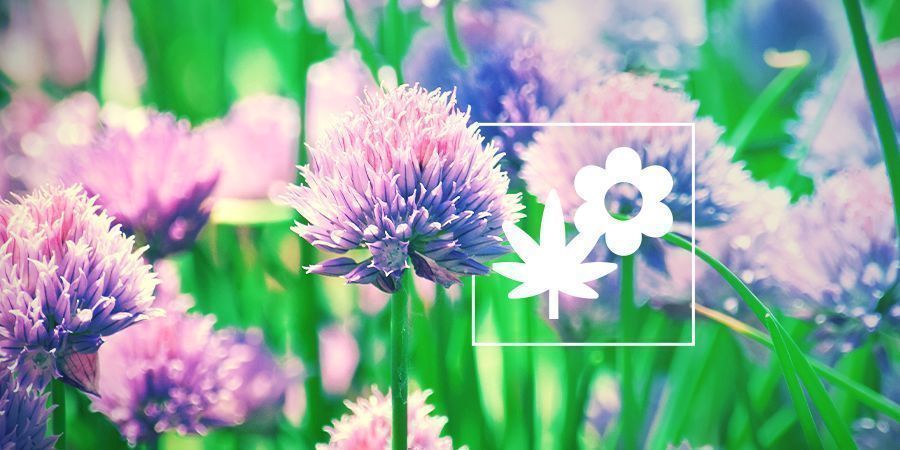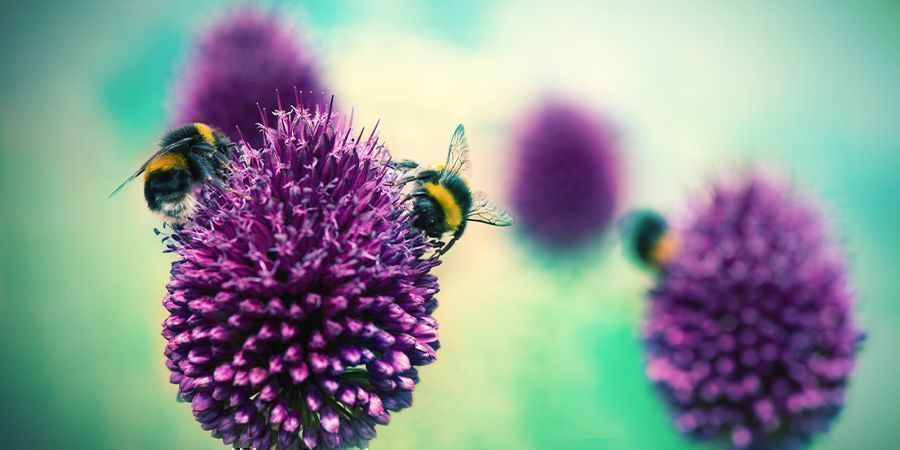Cannabis Companion Planting: Chives
It's not uncommon to have a few extra companion plants on the go while you're growing cannabis. This can promote a more natural environment for your budding herbs and allowing them to perform at their best. But did you know that chives can benefit the growth of your plant? Let's take a look at just what they can do for you.
What is companion planting?
Growing concern is mounting over the use of pesticide on cannabis as many home growers begin to adopt a more natural approach to their cultivation. If there is any downside to this, it is that having an ethical and responsible approach to growing while maintaining a defense against pests is not entirely straight forward. This is where companion planting of chives comes into play.
Many insects, rodents and other small animals are drawn to cannabis (just like we are) so it is important to take good care of your plant and monitor it throughout its life cycle. Avoiding use of chemicals on your plant certainly means that there will be more work involved, but in the end the result will be a much happier plant and quality of bud.
As we’ve already mentioned, companion planting is an important factor in having a natural approach to growing. This is due to biodiversity, allowing plants to have a symbiotic relationship. Chives is a perennial herb plant, well known for their medicinal use, which comes from their rich concentrations of vitamins A and C, as well as their sulphur-based oil, which is similar to garlic and onions. Sulphide compounds have been found to have a beneficial effect on lowering blood pressure.
CHIVES: A NATURAL REPELLANT
Chives make great companion plants as they are well known to deter black spot in roses, repel beetles and also prevent apple scab in fruit trees, they are even known to improve the taste of certain vegetables, such as carrots. Some gardeners make a tea using the stalks of chives to make a spray, which protects against mildew. Bees also love chives and it is known that planting chives around your garden’s edge can increase the potential of pollination.
Another benefit of using chives is that they have dense roots, which help to strengthen the soil and keep it in place. Planting chives where there are signs of soil erosion (or even before!) will eventually create a thick and strong layer of roots, which protects your soil.
Growing cannabis can be an expensive and time-consuming effort, and with growing concern over the use of pesticides, growing in harmony with nature can be a sensible way of producing top-quality bud and companion planting is an important factor in this.
The process takes work; a diligent monitoring system applied with some willingness for trial and error will not be the simplest way of getting results, but it surely will be one of the most informative and rewarding methods. So why not give it a go and let us know how it goes!













 United States
United States












